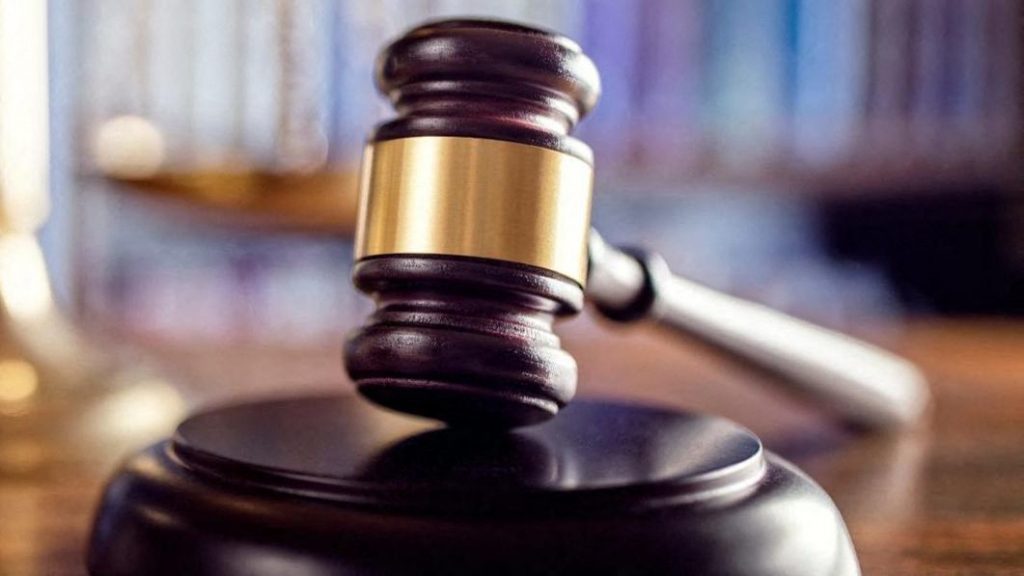There is no reason to impugn the integrity of the vast majority of those who demonstrated against reforms to the Israeli Supreme Court.
At the same time, most people do not know that there are four issues on which Supreme Court reform would have a very positive impact, and certain interested parties do not want that to happen.
The Palestinian Authority and its allies in Israel
The Israeli Supreme Court has issued a series of inappropriate rulings over the last 30 years that approved Israeli government agreements with the Palestine Liberation Organization. It did so even though the PLO’s ruling party Fatah never ratified the Oslo Accords’ core document—the Declaration of Principles.
The Court even ruled that Israel should be allowed to supply weapons and military training to the Palestinian Authority’s security forces, as they could be relied upon to protect the lives of Jews. The Court would not accept the premise that the P.A. remains at war with the Jews and Israel.
Supreme Court reform could upset the Israel government’s courtship of the P.A. and the PLO and reverse blind Israeli support for the P.A. as a “peace partner.”
Families whose loved ones were murdered, only to witness the release of their killers
During what was described as peace negotiations with the PLO, the Supreme Court allowed as many as 9,000 convicted Arab felons to walk the streets, on condition that they sign a statement that they supported peace.
These felons included convicted murderers released in exchange for Israeli POW Gilad Shalit. Some 40% of these felons have returned to terror.
Supreme Court reform could introduce normative standards of release, which would require an evaluation of each case on the basis of recidivism—the probability that the released felon might repeat his crime.
Israeli contractors who import migrant workers
Over the past decade, the Supreme Court has turned a blind eye to Israel contractors who have imported as many as a quarter-million migrant workers to perform menial labor.
These contractors, working with the Israel Hotel Association and other employers ready to hire workers for below the minimum wage and without social benefits or medical care, hire PR professionals to tell the public that these migrant workers are innocuous asylum seekers.
Migrant workers have run rampant and ransacked neighborhoods in south Tel Aviv, yet the Supreme Court prefers to believe that they are innocent asylum seekers with nowhere else to go.
Supreme Court reform would be a nightmare for these unscrupulous contractors.
The Israeli high-tech industry illegally importing workers
Israel’s booming high-tech industry now recruits workers from abroad, ignoring local high-tech professionals who are seeking employment.
Many of these high-tech companies do not allow their imported workers a day of rest or apply for work visas on their behalf, both of which are mandated by Israeli labor law. The Supreme Court regularly turns a blind eye to these abuses.
Supreme Court reform could hold these companies to account and prevent the further importation of foreign high-tech workers.
On the seder night next week, four questions should be asked about four issues and why some of the parties involved are such strong opponents of judicial reform.
David Bedein is director of the Nahum Bedein Center for Near East Policy Research.









